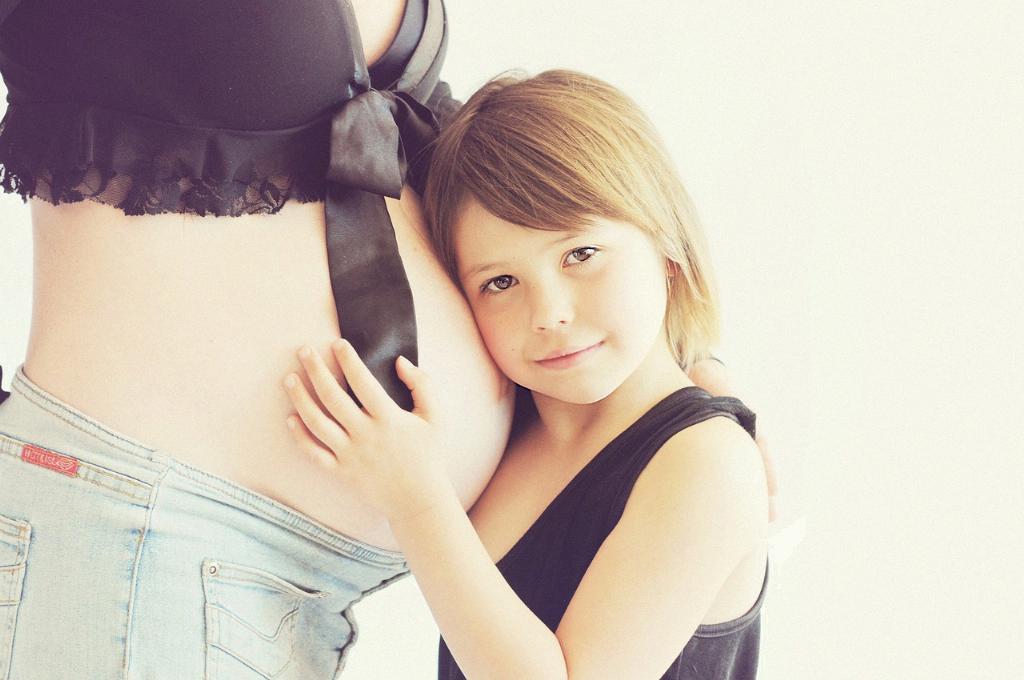Upper back pain during early pregnancy, though less common than lower back pain, is a reality for some expectant mothers. Many individuals describe it as a dull yet intense pain that can significantly impact their daily functioning.
Possible Causes of Upper Back Pain in Early Pregnancy
Several factors could contribute to upper back pain during the early stages of pregnancy. The growing uterus and hormonal changes may lead to postural imbalances, putting strain on the upper back muscles and ligaments.
Physical Changes and Hormonal Shifts
As the body prepares for pregnancy, hormonal fluctuations can soften ligaments and joints. This, combined with the weight gain in early pregnancy, can alter posture and increase stress on the upper back, causing discomfort.
Effect of Increased Breast Size
Rapid breast growth is common in early pregnancy. The added weight and changes in breast size can contribute to poor posture, leading to strain on the upper back muscles and potential discomfort.
Postural Habits and Muscle Strain
Poor posture, such as slouching or hunching over, can exacerbate upper back pain during pregnancy. Additionally, the extra stress placed on the back muscles due to the body’s changing center of gravity can result in muscle strain and discomfort.
Managing Upper Back Pain During Early Pregnancy
While upper back pain in early pregnancy can be challenging, there are strategies to alleviate discomfort. Practicing good posture, gentle stretching exercises, and using supportive pillows can help relieve strain on the upper back.
Consulting Healthcare Providers
If you are experiencing persistent or severe upper back pain during early pregnancy, it is essential to consult your healthcare provider. They can provide personalized recommendations and ensure that the discomfort is not indicative of any underlying health concerns.
Avoiding Heavy Lifting
During pregnancy, it is essential to avoid heavy lifting, as it can strain the back muscles and exacerbate upper back pain. Opt for lighter loads or seek assistance when handling objects that may add stress to your back.
Staying Active and Engaging in Gentle Exercise
Engaging in gentle exercises, such as prenatal yoga or swimming, can help strengthen the muscles supporting the back and improve posture. Regular physical activity can also promote overall well-being during pregnancy.
Utilizing Heat and Cold Therapy
Applying heat or cold packs to the affected area can help reduce inflammation and alleviate upper back pain. Be sure to follow guidelines for safe temperature and duration when using these therapeutic methods.
Listening to Your Body
It is crucial to listen to your body and prioritize self-care during pregnancy. If activities or positions exacerbate upper back pain, modify or avoid them. Rest when needed, stay hydrated, and focus on maintaining a healthy lifestyle.
Seeking Support from Loved Ones
During this transformative time, seeking support from loved ones can provide emotional comfort and practical assistance. Communicate your needs and concerns with your partner, family, or friends to create a supportive environment.
Conclusion
In conclusion, while upper back pain in early pregnancy may not be as common as lower back pain, it is a valid experience for some individuals. By understanding the potential causes, implementing strategies for relief, and seeking guidance from healthcare providers, expectant parents can navigate this discomfort with care and support.

